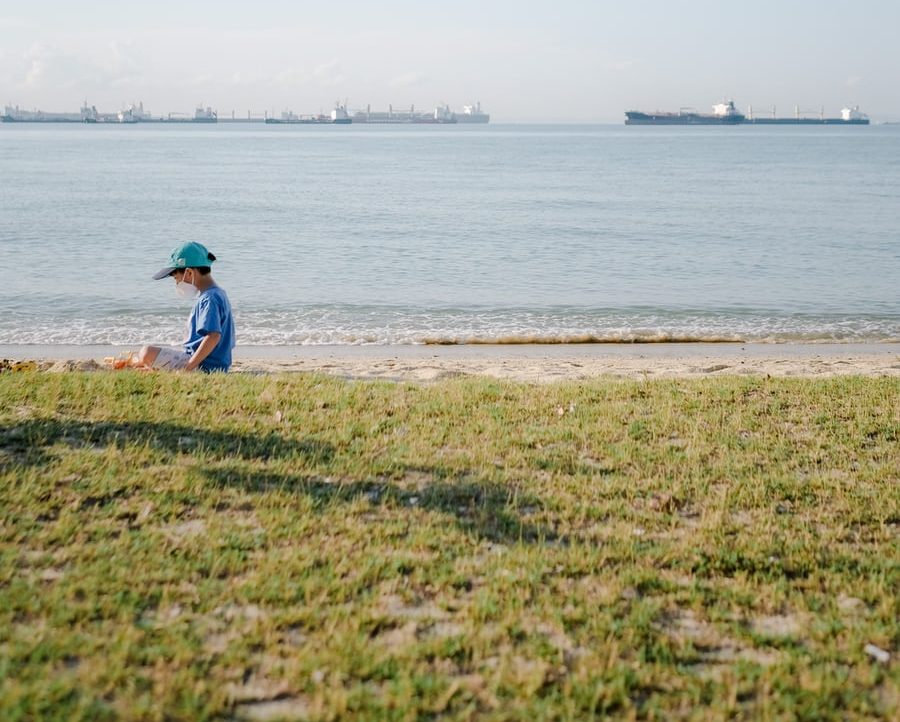Several studies have found a link between air pollution and severe health effects from COVID-19.
In April we reported on a study from the Harvard T.H. Chan School of Public Health which concluded that counties with higher particulate matter (PM 2.5) pollution had more deaths from COVID-19.
Over the past few months researchers have continued to find associations between levels of different air pollutants and the rate of illness from COVID-19. In an article published at the end of September, researchers from Emory University observed that an increase of Nitrogen Dioxide in a county was associated with more deaths from COVID-19. The study concludes that a 4.6 part per billion increase in Nitrogen Dioxide increases COVID-19 fatality by 11%.
While previous studies have shown the link between air pollution and severity of COVID-19 cases, little previous research has shown that air pollution might actually increase the spread of the virus as well. In early October, Physicians for Social Responsibility suggested that areas with high air pollution have a higher rate of COVID-19 case spreading. Martha Dina Argüello, the Executive Director of Physicians for Social Responsibility — Los Angeles commissioned maps which overlaid COVID-19 case counts on top of maps depicting local air pollution. The maps showed that the same areas with high air pollution also had the highest COVID-19 case counts. It is important to note that there are many factors which could contribute to this phenomenon and that air pollution is not the sole explanation. Even still, as we continue to be impacted by this pandemic, it is becoming increasingly clear that air pollution control is important to reduce the effects of COVID-19 on our communities.
The COVID-19 crisis is brutally showing us how vulnerable we are to existential threats. Our documentary film “Planet Prescription” is premiering tomorrow night. Tune in at 8 pm EST to explore further how the climate and air pollution crises have contributed to the COVID-19 pandemic, and learn how we can support our essential health care workers. Listening to science and stories, while making our voices heard can create a healthier planet for all of us. We hope you will join us! Register for the premiere here or on our website.





